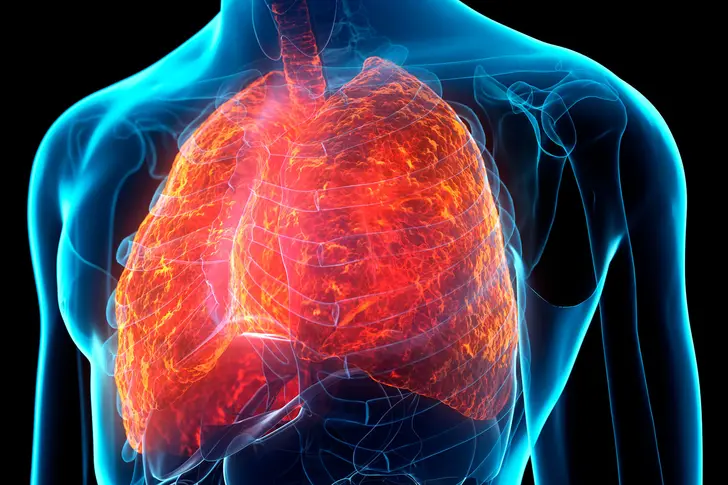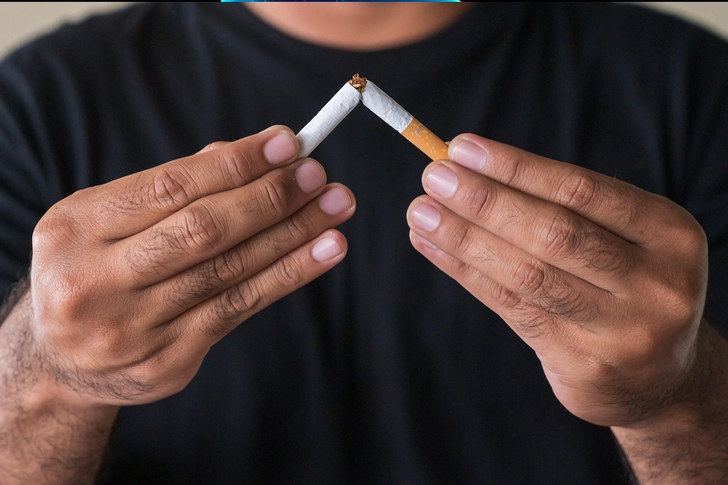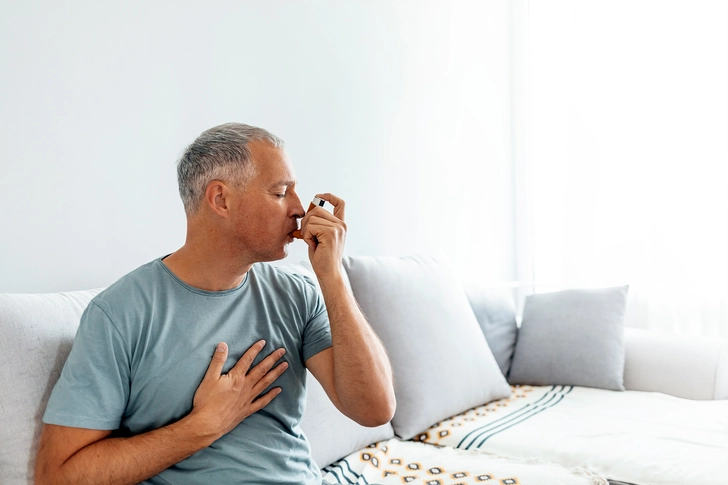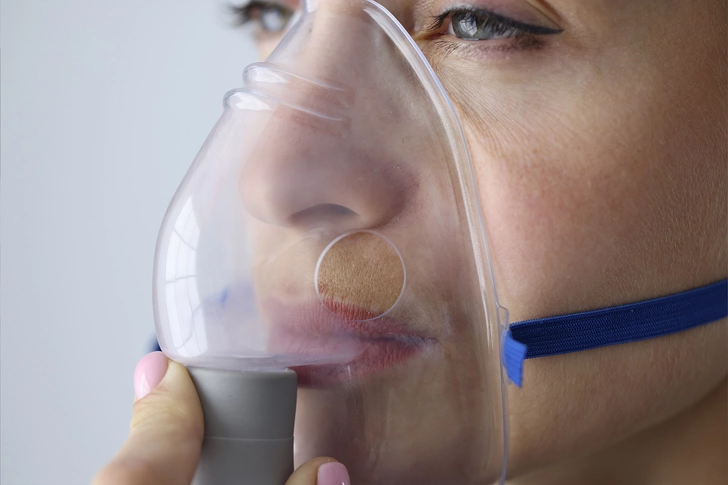- Overview
- Symptoms & Causes
- Diagnosis and Stages
- Treatment & Rehabilitation
- Living With & Complications
- View Full Guide
Breathe Easier: 10 Tips for Living Well with COPD


Learn More About COPD
Chronic obstructive pulmonary disease (COPD) blocks airflow from your lungs. Emphysema and chronic bronchitis often contribute to COPD. Unlike many chronic diseases, COPD usually has clear causes and can be prevented. However, once you have it, it's progressive and generally gets worse over time. The good news is that most people with COPD can control their symptoms and have a good quality of life.

Quit Smoking
The main cause of COPD in the United States is smoking tobacco. Long-term smoking damages your lungs. The longer and more you smoke, the worse the damage is likely to be. You may also be at risk if you smoke marijuana or are exposed to heavy second-hand smoke.

Get Enough Rest
Many people with COPD have trouble sleeping. Unfortunately, not getting enough rest can make your symptoms worse and have a negative effect on your overall health. Try to get more sleep by maintaining a consistent sleep schedule, avoiding caffeine in the evening, and not doing stimulating activities two hours before bed. Talk to your doctor if these steps don't help.

Take Your Medications as Directed
Taking your medicine is crucial to maintaining control over your COPD symptoms. Your doctor tailored a medication plan to your specific circumstances. If you're having trouble remembering to take your medicine, try making it part of your existing daily routines, such as eating breakfast and brushing your teeth. Posting a checklist where you're sure to see it may also help.

Avoid Irritants
Your COPD can be exacerbated if you're exposed to substances that irritate your lungs. Irritants may be different for different people, but some things that irritate almost everyone with COPD include tobacco smoke, chemical fumes, vapors, dust, and fumes from burning fuel.

Keep Your Vaccinations Updated
COVID-19, influenza, and pneumonia can be serious for everyone, but people with COPD are at an increased risk of serious illness. Talk to your doctor about what vaccines you should take. Staying updated on your annual flu and COVID vaccines and getting a regular vaccination against pneumococcal pneumonia can prevent or reduce some infections.

Know the Symptoms of an Exacerbation
If you have COPD, you're likely to experience exacerbations, which are periods when your symptoms are worse than usual and last for several days or longer. Contact your doctor if you experience worsening shortness of breath, wheezing, chest tightness, productive cough, or swelling in your legs or feet.

Use Oxygen When You Need It
You may need oxygen to help your body function properly. Oxygen doesn't cause any harm if used correctly and can help you be more active. Follow your doctor's directions for using oxygen. You might need it during activities and when you're resting or sleeping.

Learn Deep Breathing Techniques
There are some breathing techniques that can help you move more air in and out of your lungs. Using these techniques can help you decrease shortness of breath.
One technique you can use is pursed lip breathing. Inhale slowly and deeply through your nose. While you're inhaling, push your stomach out to engage your diaphragm and lower respiratory muscles. Breathe out slowly through your mouth with your lips pursed.

Create an Action Plan
Work with your doctor to create a plan for what you should do if your symptoms get worse. Don't ignore your symptoms hoping they will go away. Your action plan should include when you should call your doctor and when you should go to the emergency room.
PHOTO CREDITS:
1. Science Photo Library / Getty Images
2. Science Photo Library / Getty Images
3. Moment / Getty Images
4. Tetra Images / Getty Images
5. E+ / Getty Images
6. iStock / Getty Images
7. DigitalVision / Getty Images
8. Moment / Getty Images
9. iStock / Getty Images
10. iStock / Getty Images
11. E+ / Getty Images
SOURCES:
Mayo Clinic: "COPD."
National Jewish Health: "10 Tips for Managing COPD."